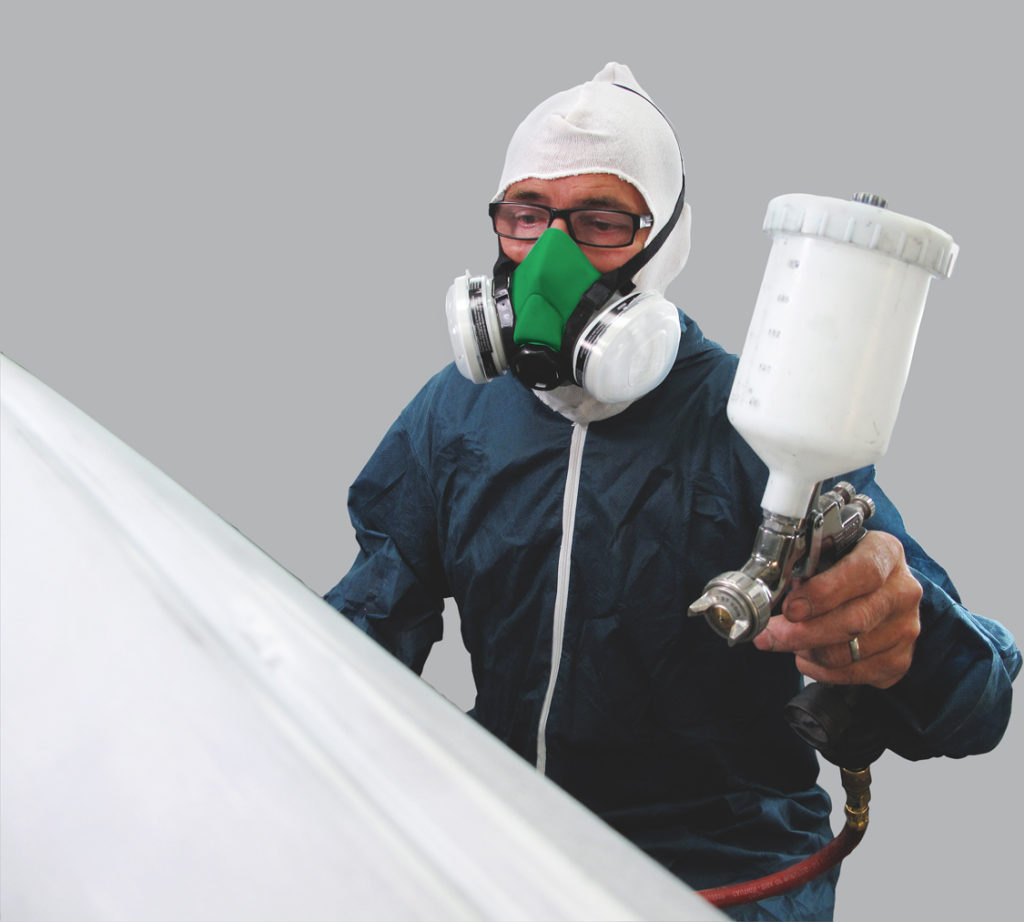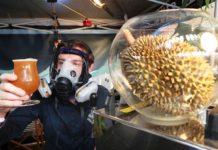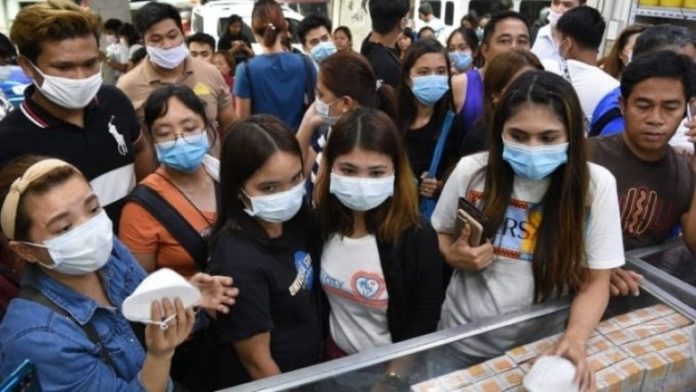Since the outbreak of the novel #coronavirus, that began in China and is now spreading around the world, you may be wondering: Should I wear a #facemask, and do they really work?
Well, it doesn’t look like they do.
“Surgical masks will not prevent you acquiring diseases,” says Dr. William Schaffner, a professor of preventive medicine and infectious diseases at Vanderbilt University, and the medical director of the National Foundation for Infectious Diseases.
Rather, he explained, surgical masks are typically used by surgeons to protect their patients from their own mouth-borne germs — but “those masks don’t work to prevent inhaling diseases,” said Schaffner.
The masks, which cover the nose and mouth, are often made from a flimsy material and aren’t fitted to the face.
In other words, spaces and gaps can form around the cheeks and edges of the mouth, making it easy for air to move in and out.
And this would be the reason spray-painters do not wear masks bought from the local pharmacy.

More importantly, people wearing cheap face-masks from the local market, or 7-Eleven, are MORE likely to become infected with something thanks to the amount of times germ coated fingers touch their faces when adjusting badly fitting, flimsy material.
So, the advice appears to be – if you are suffering from any kind of virus you can wear a mask to prevent others catching it from you. And not the other way round.
The United States Surgeon General agrees, as his recent tweet confirms….
Seriously people- STOP BUYING MASKS!
They are NOT effective in preventing general public from catching #Coronavirus, but if healthcare providers can’t get them to care for sick patients, it puts them and our communities at risk!
https://t.co/UxZRwxxKL9— U.S. Surgeon General (@Surgeon_General) February 29, 2020
So how do we protect ourselves then?
To minimize your exposure to a respiratory illness, take the proper precautions:
- Wash your hands often with soap and water for at least 20 seconds. Use an alcohol-based hand sanitizer if you are in a pinch.
- Do not touch your eyes, nose, and mouth with unwashed hands.
- Avoid close contact with people who are sick.
- The CDC recommends avoiding all nonessential travel to China, South Korea, Iran, and Italy. Older adults and those with medical conditions should reconsider travel to Japan.
To avoid spreading a respiratory illness, be sure to do the following:
- Stay home when you are sick.
- Cover your cough or sneeze with a tissue, then throw the tissue in the trash.
- Clean and disinfect frequently touched objects and surfaces.
If COVID-19 cases are confirmed in your area, follow these practical tips on how to prepare for a coronavirus outbreak.




































